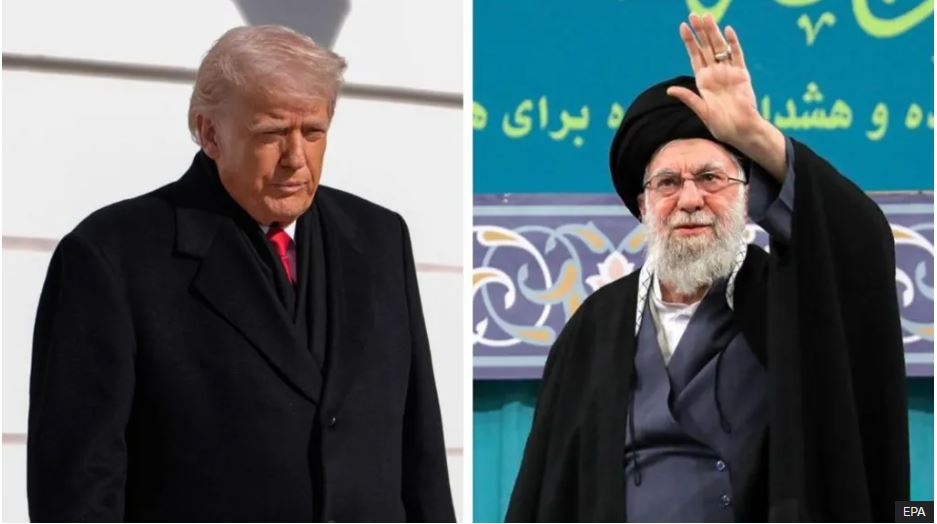
In a significant move towards ensuring transparency and competency in leadership, Prime Minister Pushpa Kamal Dahal aimed to initiate a fair and open process for the appointment of the new vice-chancellor of Tribhuvan University (TU).
The recently appointed vice-chancellor, Prof Dr Keshar Jung Baral, steps into a role that presents both challenges and opportunities crucial for shaping the future of education in Nepal.
The education system in Nepal is unique and deeply rooted in its cultural, geographical, and diversified ethos. As Baral assumes his responsibilities, he faces the daunting task of navigating the intricate balance between embracing modern education advancements and respecting the distinct characteristics of Nepal’s educational landscape.
One of the fundamental aspects of this challenge is understanding that Nepal’s education system cannot be replicated as is seen in foreign universities. While it is imperative to keep pace with global developments in education, it is equally important to tailor educational strategies that resonate with the cultural and geographical nuances of Nepal. Baral’s leadership will be tested in striking this delicate balance, ensuring that the education system aligns with the needs of the nation.
The appointment of a vice-chancellor through a fair and open process marks a positive shift in the leadership selection approach. In contrast to past practices where competency was not always a primary consideration, this move reflects a commitment to elevating the standards of education in the country.
Despite the concerns raised during the shortlisting process, the overall shift towards a more transparent selection process is a welcome development for the future of higher education in Nepal.
As Baral assumes the mantle, the onus is now on him to revitalise Tribhuvan University’s education system. The challenges are evident, and the opportunities are vast. To achieve a successful tenure, the new vice-chancellor must prioritise several key aspects.
Making university degrees relevant and valuable

The first and foremost challenge is to instil confidence in students that a university degree is not just a certificate but a stepping stone to a successful career.
The degree programmes offered by TU must be regularly updated to meet the dynamic needs of the system, organisations, and industries. The newly appointed vice-chancellor should encourage a curriculum that is relevant, and practical, and equips students with the skills needed in the real world.
One of the significant hurdles is the scarcity of employment opportunities for university graduates. He needs to take a step forward to collaborate with industries and organisations to create avenues for internships, placements, and employment. By establishing strong partnerships, it can bridge the gap between academia and industry, ensuring that students are well-prepared for the professional world.
Entrepreneurial skills development

Nepal faces a challenge in nurturing entrepreneurship skills among its youth. Baral should focus on integrating entrepreneurial education into the curriculum, providing students with the knowledge and mindset to create their opportunities.
This can be achieved through mentorship programs, incubators, and partnerships with successful entrepreneurs.
Moreover, the quality of education is closely tied to the infrastructure available. He must prioritise infrastructure development, ensuring that TU campuses are equipped with modern facilities, libraries, laboratories, and technology.
A conducive learning environment is crucial for fostering academic excellence.
Then, investing in the enhancement of faculty and staff skills is paramount. Baral should advocate for continuous professional development programmes, workshops, and training sessions to ensure that TU’s faculty remains at the forefront of educational practices.
University exams pattern and academic calendar

A critical aspect of the educational system that needs attention is the redesigning of the university exam pattern. He should lead efforts to make exams more comprehensive and aligned with practical skills.
Additionally, adherence to an academic calendar and timely publication of results are imperative for smooth academic operations.
To enhance opportunities for students, Baral should initiate an active collaboration wing with multinational companies. Initiatives to bring these companies on campus for recruitment drives can significantly broaden employment horizons for students. Government support in this endeavour can further strengthen these partnerships.
To create a conducive environment for both faculty and students, Baral should work towards streamlining bureaucratic processes within the academic system. This includes doing away with unnecessary red tape, ensuring a respectful payment for faculty members, and fostering a positive and inclusive atmosphere.
One of the challenges that have plagued the education system in Nepal is political interference and the influence of student wings.
Baral must strive to create an environment free from political pressures, ensuring that academic decisions are made based on merit and the best interests of the students and the university.
























